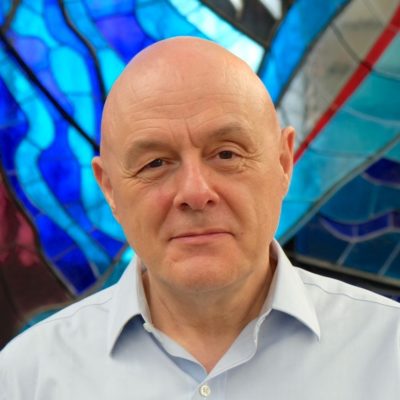Go back
Monkeypox and open access: time to change the narrative
16/08/2022
For the fourth time in less than seven years, the community of science and technology leaders have issued a statement calling on publishers to make disease-specific research open access. In 2016 the focus was Zika; in 2018, Ebola; in 2020, COVID-19 and in 2022, it is for research relating to monkeypox. To misquote Oscar Wilde, to ask once may be regarded as a misfortune; to ask on four occasions looks like carelessness.
These calls for research to be made Open Access recognise that immediate access to research can accelerate the global response to public health emergencies. Hitherto, publishers have responded positively to these requests and made relevant research free to read. For example, Elsevier and Springer Nature alone have deposited around 200k COVID-related articles into PubMed Central. And, it seems likely that they, and many other publishers, will respond accordingly in making monkeypox research freely accessible.
However, even when publishers provide free access to this research, it is typically time-limited and may contain restrictions on how the research can be reused. Indeed, a recent study looking at the impact of the statement calling for COVID research to be made Open Access, concluded that some publishers “have already started re-introducing paywalls” for this content. Given that the pandemic is ongoing, this is both disappointing and worrying.
Open Access should not be dictated by the perceived urgency of a disease but should apply to all research.
To avoid such problems in the future – and obviate the need of having to ask publishers to make research open access – research funders should simply require that the outputs of the research they fund are made openly available at the time of publication and published with an open licence (CC BY). This licence allows others to build on this research (subject to the norms of academic attribution) without having to seek permission or pay any licence fees.
Although this approach will not open up the archive of past papers, it will ensure that all current and future research is made Open Access. And more importantly, it will ensure that all funded research is made Open Access, not just articles related to a specific emergency. Given the ongoing challenges we all face – climate change, food and water security, diseases – we need to act now to ensure the research findings are made Open Access.
For funders not to put in place policies that ensure Open Access to the research record may indeed look like carelessness at this point. To help realise this ambition, we urge all research funders to consider aligning their Open Access policies with Plan S and, where appropriate, joining cOAlition S to deliver full and immediate open access.

Robert Kiley
Robert Kiley served cOAlition S initially as interim Coordinator (2018-2021) and later as Head of Strategy (2021-2025), aiming to help accelerate the transition to full and immediate Open Access. Prior to this, he was Head of Open Research at the Wellcome Trust, where he was responsible for developing and implementing their open research strategy. Over the past decade, Robert has played a leading role in the implementation of Wellcome's open access policy and overseeing the development of the Europe PubMed Central repository. He also led the development - in partnership with Howard Hughes Medical Institute, the Max Planck Society - of eLife, the open-access research journal, launched in 2012. More recently he championed the work to create a new open publishing platform for Wellcome researchers – Wellcome Open Research.
Robert is a qualified librarian and an Associate Member of CILIP. He is a Board member of Open Research Central and served for 6 years on the ORCID Board of Directors.
View all posts by
Robert Kiley
Johan Rooryck
Johan Rooryck served as Executive Director of cOAlition S (2019-2025) and a linguistics professor at Leiden University. He is the editor-in-chief of the Fair Open Access journal Glossa: a journal of general linguistics since 2016. From 1999 to 2015, he was the executive editor of Lingua (Elsevier), when its Editorial Team and Board, as well as its reader and author community, decided to leave Lingua to found Glossa. He also is a founding member and president of the Fair Open Access Alliance (FOAA) and Linguistics in Open Access (LingOA). He is a Member of the Academia Europaea.
View all posts by
Johan Rooryck



